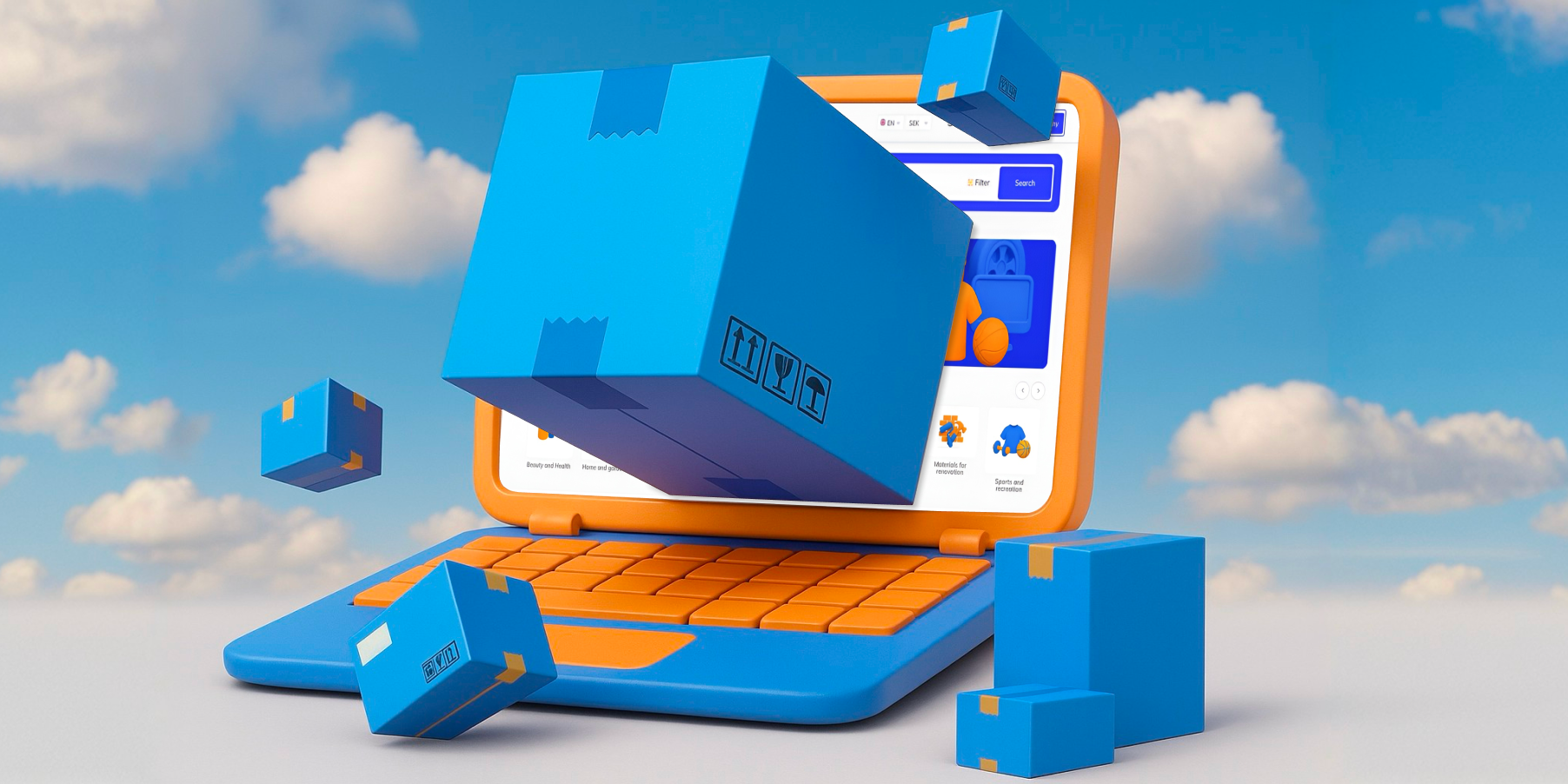Can’t Get a Business Account? Follow This 2025 Guide
July 7, 2025

Running invoices from a personal card may feel convenient, but it wrecks bookkeeping, scares investors, and can trigger tax fines. A dedicated business bank account separates personal and corporate cash‑flow, unlocks card acquiring, and boosts credibility with suppliers. Yet thousands of freelancers, startups, and newly minted CVR holders discover the hard way that they can’t get a business account on the first try.
This article explains why applications fail, how to fix weak spots, and which digital providers let you open an account in as little as 24 hours—so you can start trading today.
Top Reasons Why You Can’t Get a Business Account
Banks rarely reject at random. Rejections usually trace back to one of five red flags:
| Common Rejection Trigger | What It Means | Real‑World Example |
|---|---|---|
| Missing documents | Incomplete CVR data or outdated passport | Founder uploads expired ID; KYC auto‑flags and freezes application |
| Poor personal credit | High debt, arrears, or recent bankruptcies | Sole proprietor with maxed credit card sees immediate denial |
| Opaque ownership | Complex share chains or offshore entities | 5‑layer holding structure hides UBO; bank declines for AML risk |
| Heavy cash transactions | High‑risk cash‑intensive model | Event company expects weekly €50k cash deposits—bank refuses |
| Accounting requirements | Some Danish banks ask for pre‑signed accountant letters | Startup submits unaudited projections; Danske asks for accountant confirmation |
Transparent paperwork and clear business models turn most red flags green.
Must‑Have Documents to Open a Business Account
Before applying, assemble a single PDF folder with:
- Company registration (CVR certificate or SE‑nummer)
- Articles of association and shareholder register
- Ultimate Beneficial Owner (UBO) IDs—passport + proof of address
- Business plan & 12‑month cash‑flow forecast
- Personal tax ID and credit report (if sole trader)
Virksomhedsguiden offers Danish‑language budget templates, while Microsoft 365 provides free cash‑flow sheets. Submitting a complete pack can cut verification from weeks to days.
Why Banks Care About Your Personal Finances
For single‑owner ApS and freelance setups, the founder’s credit history signals repayment capacity. Missed personal loan payments or overdue taxes scream risk. Conversely, a clean record paired with a solid business plan shows reliability. Pay down consumer debt, file outstanding VAT, and attach a recent SKAT statement to reassure compliance teams.
Bank Compliance: What They Really Want
Since the EU’s 6th Anti‑Money‑Laundering Directive, Danish banks must prove they know every customer’s source of funds and end beneficiary. That means:
- KYC (Know Your Customer)—ID checks, liveness selfies, address proofs
- KYB (Know Your Business)—UBO charts, contracts, and invoices
- Source‑of‑wealth evidence—especially if founders inject large foreign capital
Post‑pandemic, tightening rules added video interviews and “purpose of account” essays. Honesty is the only shortcut: disclose future crypto exposure or high‑risk markets upfront to avoid later shutdowns.
Tips to Boost Approval Odds
- Apply to two or three banks simultaneously to hedge processing delays.
- Use a business email domain (not @gmail) and a live website; bankers Google you.
- Upload documents in one batch—mixed submissions stall AML queues.
- If speed trumps branch access, choose a fintech first, then migrate to a traditional bank once revenue scales.
Best Alternatives If Traditional Banks Say No
Digital challengers ignore in‑person meetings and rubber‑stamp straightforward SMEs fast.
✅ Wise Business
- Setup time: usually < 2 working days once docs are approved
- Cost: one‑off ~375 DKK; no monthly fee
- Perks: 40+ currencies, local EUR/USD/GBP account numbers
✅ Revolut Business
- Application: 10‑minute online form; approval often within 24–72 h
- Plans: free to 770 DKK/month, 30+ currencies, API, virtual cards
✅ Lunar Business
- Digital Danish bank: signup 1–3 days, 0 DKK setup on Essential/Limitless
- Fees: 289–589 DKK/month; perfect for domestic freelancers
How Much Does a Business Account Cost?
Below is a quick‑glance comparison. Note: exchange fees and out‑of‑plan add‑ons vary by usage.
| Provider | Setup Fee | Monthly Fee | FX Currencies | Local IBANs | Ideal For |
|---|---|---|---|---|---|
| Wise | 375 DKK (one‑off) | 0 DKK | 40+ | EUR, USD, GBP, AUD, more | Freelancers, exporters |
| Revolut | 0 DKK | 0–770 DKK | 30+ | EUR & pooled IBAN | Digital agencies, SaaS |
| Lunar | 0 DKK | 289–589 DKK | DKK only | DK | Local micro‑SMEs |
Having seen the numbers, remember that real cost equals setup + monthly + transfer + FX. Fintechs win when you make many small international payments; local banks may be cheaper for large DKK payrolls.
If you can’t get a business account, the setback is temporary—not terminal. Nine times out of ten, a tidy document pack, honest ownership disclosure, and parallel fintech applications solve the problem. Traditional banks may still reject complicated structures or cash‑heavy models, but Wise, Revolut, and Lunar can keep your company trading while you refine compliance and credit scores.
Preparation, transparency, and flexibility turn “application denied” into “account approved” in 2025’s fast‑moving banking landscape. Start gathering your paperwork now, apply online, and your next invoice could be paid into a business account before the week is out.










